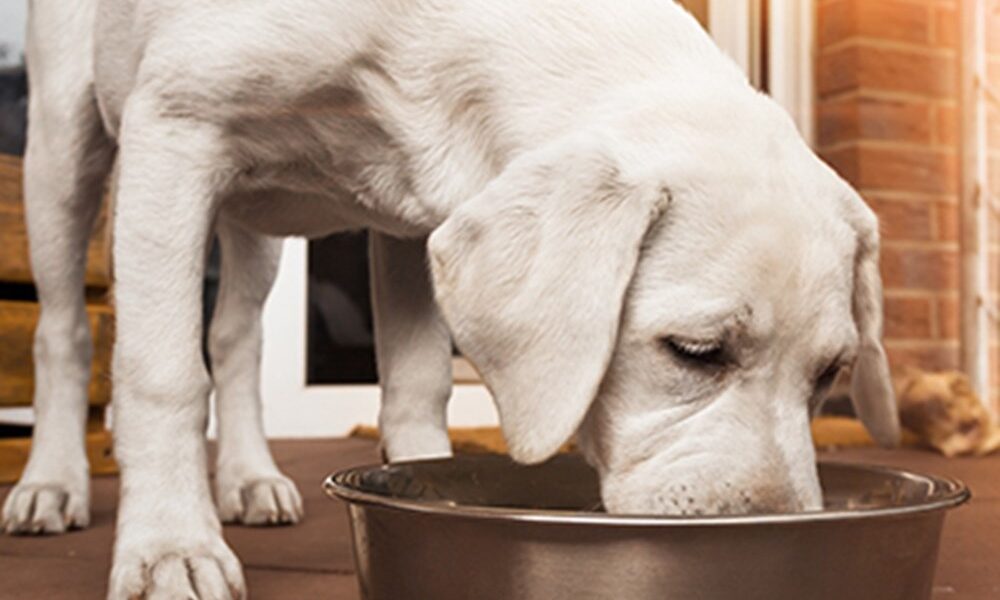A dog’s lifecycle can be classified into three age groups: puppyhood, adulthood, and senior. If you see any dogs suffering in the street, remember that there are 10 dog rescue in bangalore to save that lonely dog. As it ages, your dog’s dietary necessities adapt to its changing requirements. Also, their desire for food may change as they mature. Knowing the correct time to switch brands and types that suit your dog’s well-being and intake habits is essential. Food for puppies is intended to be packed with calories and vital nutrients for building muscles and bones and strengthening their physical systems. In the meantime, many adult dogs require protein, nutrients, and calories, in particular quantities, to sustain their strength while staying at a healthy weight. Because of the variance in the nutritional requirements, dogs must be given a variety of nourishment applicable to their age. When considering the transition from puppy to adult dog food, freeze dried dog food can be a great option for pet owners looking to provide their furry friends with a balanced and nutritious diet.
Age and breed size:
Dogs around six to twelve months of age commonly show a willingness to change to adult dog food. Some of these symptoms comprise left-over portions of food after each feeding or skipped meals, which indicates that the dog may have already felt occupied with less puppy food as it is calorie-dense. Apart from these symptoms, you can also consider your dog’s breed size when switching to adult dog food. Dogs of smaller breeds, such as pugs, corgis, and chihuahuas, mature earlier and reach adulthood between seven and nine months. On the other hand, medium-sized dog breeds, such as border collies, border collies, and basset hounds, commonly mature after 12 to 16 months of life. Lastly, giant dog breeds like Saint Bernards, Great Danes, and Rottweilers can take up to two years to attain maturity. To prevent fatness and nutritional imbalances, you can look up your veterinarian for the recommended dog food best-suited to your dog. This step is vital to avoid giving mature dogs puppy food, which can cause diarrhea, bone weakness, and obesity.
Food portions and nourishing times:
Since puppies need more food to improve their development and growth, they are usually permitted to have small meals throughout the day. For example, puppies under four months old may consume solid food four to five times each day. Feedings are generally done between breastfeeding periods to help them change to eating and stop them from milk more efficiently. After four months, they can take three feedings per day. It is said that a dog’s caloric consumption requirement slowly reduces as it matures. Thus, switching to adult dog food that matches their requirements is vital. Also, its food consumption should be progressively cut down to two feedings a day to make sure correct adequate digestion and weight management. To do this efficiently, it is crucial to stick to fixing a feeding schedule. Doing so will avoid grazing and inspire healthy feeding behaviors, such as eating and munching slowly. Aside from this, it’s also vital to consider the dog’s weight and the doctor’s recommendations based on its health position. Finally, treats should only be restricted to one to two daily servings to stop overeating.
See Your Dog’s Feeding Behaviour
Another method of telling whether your dog is prepared for adult food is by noting its feeding behavior. One good sign that it is ready for a change of nutrition is by seeing how much food it eats per feeding and if there are any evident changes in its desire for food. Your dog may suddenly have less food than usual. Some may also become sluggish, inactive, skip meals, or have stomach issues because of nutrient-dense puppy food. If this occurs, approach your vet directly and find treatment right away. Also, consult your doctor about aiding your dog to adjust to adult food and feeding methods.
Transition gradually:
Once you have set your dog’s willingness for adult food, you can make a feeding plan to aid your dog’s transition to a new diet with comfort. Depending on your dog’s food preferences, it can take some time before it gets used to eating less food twice daily. To make this process at ease, you can give adult dog food on particular days of the week until your dog gets more relaxed and shows good health with its new dietetic plan. Meanwhile, you can also consult your doctor, particularly if your dog has special dietary requirements or health issues.
Final thoughts:
Your dog’s food and feeding plan should be based on their age and health and the vet’s recommendations. As your dog ages, it is crucial to make the required changes in its meals and food intake to ensure that they are optimal for its well-being. You should also look for dog breeders in bangalore and can also get more information about various dog breeds and their characteristics. In addition, doing so will help prevent illness or distress and extend their lifespan.




